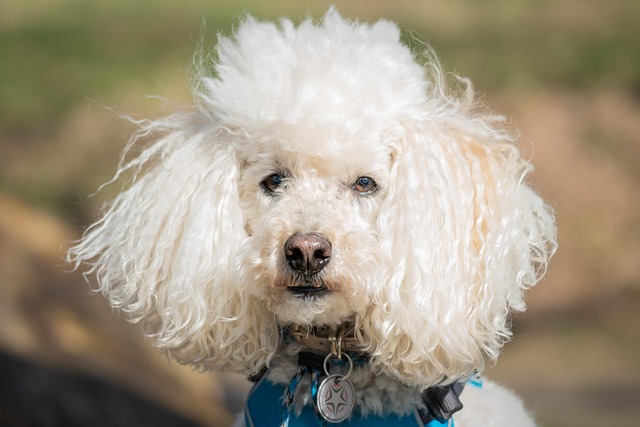
Can I give my dog CBD chews every day
Picture this: You’re curled up on your San Francisco apartment couch, watching your rescue mutt, Charlie, tremble during a thunderstorm.
You're standing there with that little toothbrush, wondering if today's the day to start a daily ritual for your dog's pearly whites. We get it – that faint whiff of doggy breath after dinner isn't exactly minty fresh, and you've heard horror stories about pricey dental cleanings under anesthesia. But is brushing Rover's teeth every single day helpful or downright harmful? Let's sink our teeth into the real scoop behind canine dental care without any sugarcoating.
Here's something that might surprise you: plaque begins hardening into stubborn tartar on your dog's teeth within 48 hours. That's why daily brushing isn't just okay – it's the gold standard according to veterinary dental associations. When you gently scrub those chompers each day, you're actively disrupting plaque's takeover before it cements itself. Think about the payoff: significantly less stinky breath, fewer inflamed gums, and a real shot at dodging periodontal disease that affects over 80% of dogs by age three. Dogs with consistent daily brushing routines often breeze through vet checkups with cleaner teeth and healthier gums – it's like giving them a longer leash on overall health since mouth bacteria can sneak into their bloodstream.
But hold that toothbrush for just a second. While daily brushing is generally safe, there is such a thing as overzealous scrubbing. Using human toothpaste? Big mistake – xylitol is outright toxic for dogs. A stiff-bristled brush paired with aggressive sawing motions can erode enamel and make tender gums bleed. And let's be honest: forcing a terrified terrier into daily dental battles creates more stress than benefit. Dr. Elena Miller, a veterinary dentist in Colorado, notes, "I've seen more harm from improper technique than from frequency itself. If your dog fights it daily, you're both losing." Watch for red flags like pawing at the mouth or unusual drooling – signs you might need to ease up.
So what's the sweet spot? Most vets champion daily brushing as ideal but emphasize that three to four times weekly still packs a punch. Breed matters too – tiny Yorkies with crowded teeth need more attention than a greyhound with spacious gnashers. Puppies adapt fastest when introduced early, while senior dogs with arthritis might need modified routines. The American Veterinary Dental College stands firm: "Mechanical removal through brushing remains the most effective home method." But they're pragmatic – consistency with proper tools beats perfection. Start slow: a 30-second session with yummy poultry-flavored paste counts as a win.
Ready to brush smarter? First, invest in veterinary-approved supplies – soft-bristled brushes with angled handles and enzymatic dog toothpaste. Make it pleasant: smear paste on your finger first, letting them lick it while you gently rub teeth. Gradually introduce the brush, focusing on outer surfaces where plaque parties hardest. Angle bristles at 45 degrees toward the gumline using tiny circles. Can't manage daily? Try alternatives like dental wipes on off days or VOHC-accepted chews. And please – skip the baking soda DIY pastes; they throw off their gut pH balance.
At the end of the day, your dog's dental routine isn't about rigid rules. It's about knowing that yes, daily brushing is typically safe and spectacularly beneficial when done right – but it's not the only path. Maybe your anxious rescue does better with Monday-Wednesday-Friday sessions paired with a water additive. Perhaps your chew-obsessive Lab thrives with biweekly brushing thanks to dental kibble. What matters most is partnering with your vet to craft a plan unique as your dog's wagging tail. Because behind that goofy grin? Those teeth deserve care as thoughtful as the love they give you daily.

Picture this: You’re curled up on your San Francisco apartment couch, watching your rescue mutt, Charlie, tremble during a thunderstorm.
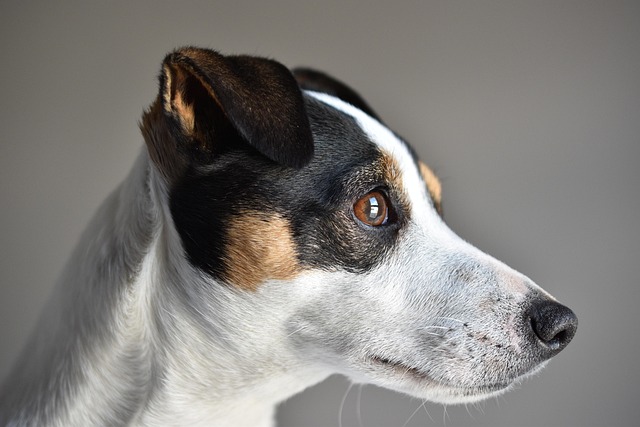
Watching your dog's behavior change without understanding the cause feels like walking in the dark. When a dog's kidneys start shutting down, their body sends out distress signals through shifts in daily habits, energy levels, and physical cues.
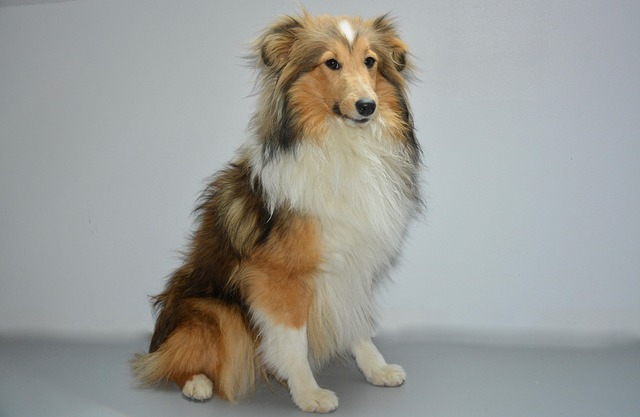
Watching your dog slow down on walks or struggle to jump onto the couch tugs at the heartstrings. Degenerative joint disease, often called arthritis, is a common condition that can rob our furry friends of their mobility.
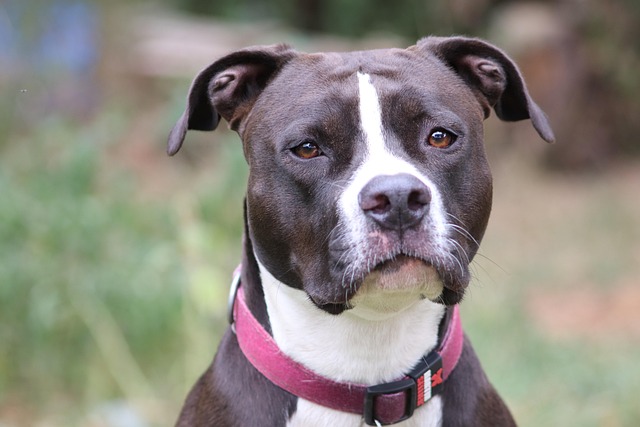
When your dog’s energy suddenly drops or they start drinking more water than usual, it’s easy to feel a knot of worry. Kidney disease, a silent but serious condition, often creeps up without warning.
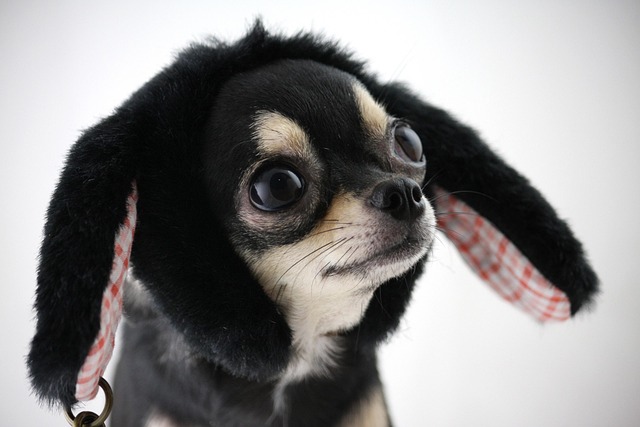
If you’re a first-time puppy parent in Texas, you’ve probably watched your tiny ball of energy lap up water like it’s their job—then panicked: Is this too much?
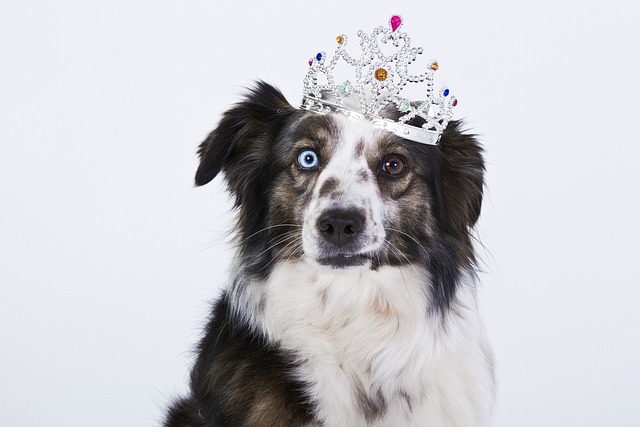
Discovering your dog has elevated urea levels can feel like a gut - punch. High urea, often a sign of kidney or liver stress, can’t be ignored.